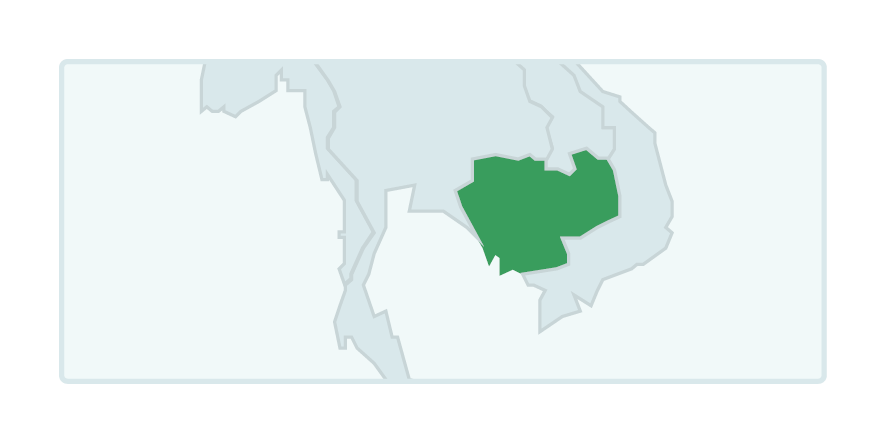Le Cambodge connaît un développement rapide, avec une croissance économique annuelle estimée entre 5,5 et 6 % et une croissance du PIB de 5,5 à 6 % en 2024, couplée à une population qui s’urbanise (près de 1 % par an), ce qui entraîne une demande de services publics améliorés et modernisés. L’accès à l’eau a été la priorité pendant de nombreuses années, mais l’assainissement urbain et la gestion des déchets solides suivent de près et se développent rapidement, avec des efforts importants financés par la BAD, l’AFD, la JICA et d’autres, principalement dans les capitales provinciales et les villes-corridors clés. Ces projets soutiennent principalement le développement d’infrastructures pour les systèmes de collecte, l’élimination sûre des déchets solides, le traitement des eaux usées et le traitement des boues de vidange, qui nécessitent une assistance technique importante pour l’organisation, une planification et des politiques de soutien afin d’assurer la formalisation et la durabilité.
Deux projets en particulier – le deuxième projet de gestion de l’environnement urbain dans le bassin du Tonlé Sap (TS2) et le quatrième projet de développement des villes du corridor de la sous-région du Grand Mékong (GMS CTDP4) – supervisent la conception et la construction de nouvelles décharges et d’installations de traitement des eaux usées dans six villes : Battambang, Serei Saophoan et Stung Saen dans le cadre du TS2 et Kratie, Kampong Cham et Stung Treng dans le cadre du CTDP4.
Le projet vise à tirer le meilleur parti des infrastructures nouvellement construites en aidant les ménages à comprendre et à tirer parti des services qu’elles fournissent. Il se compose de deux parties : une campagne de changement de comportement et une campagne de marketing pour les services de raccordement aux égouts et de collecte des déchets solides.
